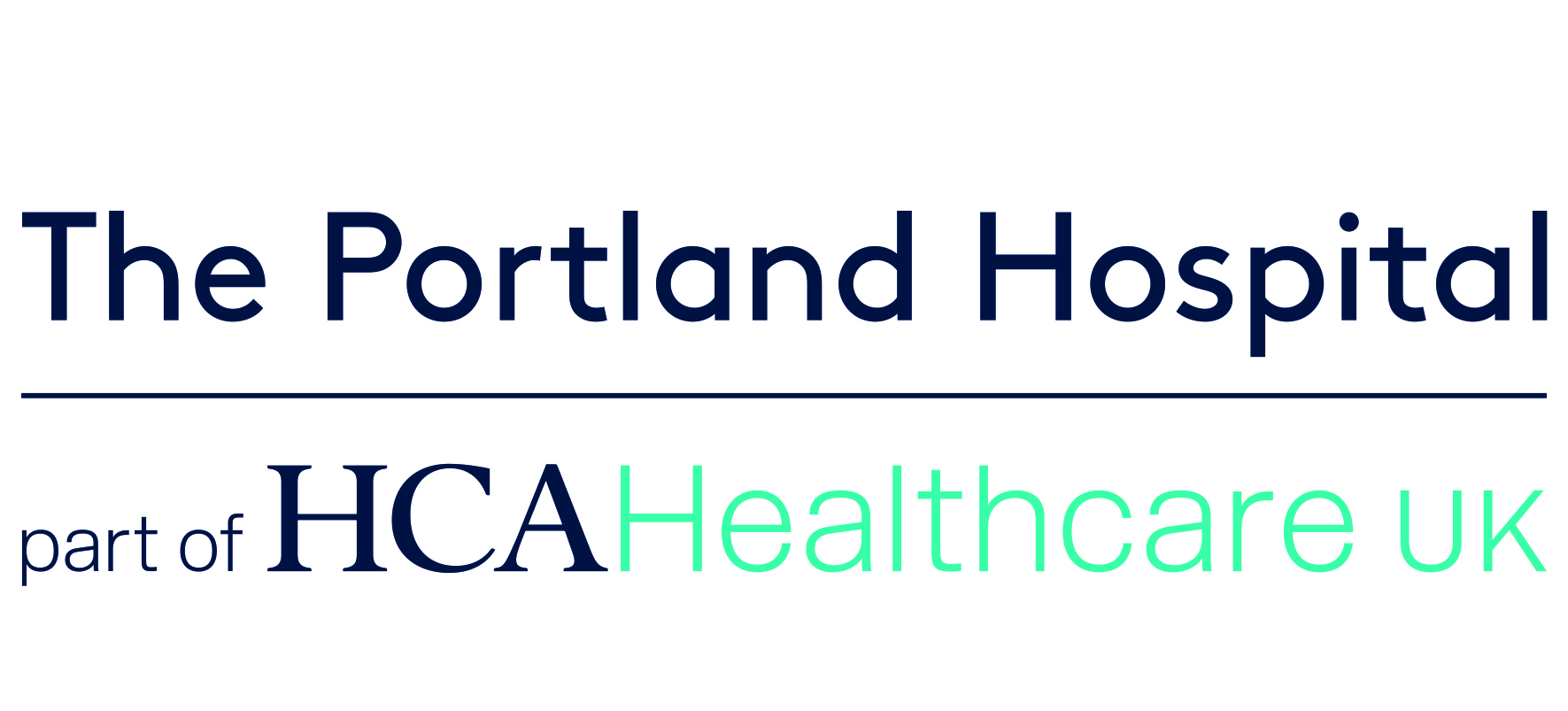
During pregnancy you can expect to:
Gain some weight.During pregnancy, there will be times when you absolutely love your new body shape with your lovely round and firm bump, your clear skin and perhaps your bigger breasts. Then at other times, you will feel like you don’t recognize your body at all and your feel exhausted and less than blooming, especially if you are suffering from some of the less glamorous pregnancy symptoms such as piles. It can also be really tough if you have a high-risk pregnancy or develop painful problems like symphysis pubis dysfunction or extreme morning sickness (hyperemesis gravidarum).
Don’t be put off by the list below. Lots of women actually feel better and more energetic during pregnancy and no-one suffers, with all the symptom. Be kind and proud of your amazing body, it’s growing a new baby (or maybe more!)
It can help to eat healthily and not for two, exercising gently, and drinking lots of water will help you stay in the best possible shape.
The requirements of the growing fetus, the placenta, and the uterus mean more oxygen is needed from the Mum. So you may find yourself breathing faster, and often feeling out of breath. So you will actually make more blood and in the early stages of pregnancy, you might notice your improved circulatory system.
As your baby gets bigger it will make your bump bigger but it will also push backward and upwards. Your stomach, intestines, and the other organs nearby will all get pushed out of place by the growing baby. Usually, they get pushed upwards, another reason you’ll feel out of breath since your ribcage and diaphragm may be limited so you cannot breathe in and out as deeply as you could before. However, this change is gradual so you will get used to it though walking up a flight of stairs may take you by surprise as you may feel incredibly breathless and light-headed.
There’s a huge amount of energy being diverted to the development of your baby, so it’s no surprise that you may feel tired. The frustrating thing for many pregnant women is that they feel most exhausted, in those early weeks where you have no bump and perhaps haven’t told your friends and colleagues. If you have a big commute on public transport it can be really tough so don’t be shy to ask for a seat if you hit a wall of fatigue as you stand up on the train or the bus. The sooner you can tell your colleagues and friends the sooner they can help you. Try not to feel needy remember as well as everything else you are doing you are growing a new human being so give yourself a literal and metaphorical break! Often women report that they feel full of energy in their second trimester, this is partly physiology and partly because in the second trimester morning sickness has started to recede and everyone knows your pregnant so you are not keeping up a pretense of this huge change you are going through. However, as you enter your third-trimester, fatigue can come back with a vengeance. Although now people can see your bigger bump and unconscious displays of tiredness, such as rubbing your back, you will find that people will help you with physical tasks. If you are carrying twins or if you have a very physical job it may make sense for you to start your maternity leave a little sooner than other pregnant women. If this is not possible try to arrange it so that you can focus on less strenuous or stressful work in the last trimester if possible.
The nausea you may feel during pregnancy (not only in the first trimester) is caused by changes in your hormones. These may also give you a heightened sense of smell and taste, making you a lot more sensitive to things that previously didn’t bother you. One theory is that these heightened senses allow you to avoid toxins that may damage your developing baby, especially in the vulnerable first 12 weeks.
Your blood volume increases to carry the additional oxygen. More blood vessels are formed to carry this increased blood flow. Your heart rate might increase and so you may experience a racing heart when you do something even mildly physically taxing. You are now breathing for two!
Things can feel very uncomfortable and unpleasant with your ‘guts’, even if you’ve always been regular and had a happy digestive system. You may suffer from constipation, wind and bloating during pregnancy. Heartburn is also very common as the hormone relaxin that softens and loosens the ligaments in your pelvis for birth also acts across the body and can ‘weaken’ the sphincter at the top of your stomach meaning that the contents of your stomach (containing acid) leak back up your oesophagus (food pipe), especially when you are lying down. Speak to your doctor about safe heartburn treatments but two of the most effective things you can do are sleep with an extra pillow (to stop your stomach contents leaking into your oesophagus) and avoiding very spicy foods (especially before exercise or going to sleep).
Bloating can occur because of the increased levels of progesterone, which slows down your digestion, so nutrients have more time to enter your bloodstream and be delivered to your baby. This can also lead to constipation which is more difficult to cope with when you are straining to go to the loo with a big bump. Try to include lots of food which speed up digestion and soften your poo naturally such as figs, apricots, and beetroots. If constipation becomes a problem speak to your doctor but let them know you are pregnant before they prescribe a treatment.
Mood swings are a cliche of pregnancy basically because they are indeed very common, they are partly caused by changes in hormones. If you have suffered from pre-menstrual syndrome in the past you may be familiar with the powerful feelings of sadness, anger and feeling tearful. These mood swings are most common in the first 12 weeks of pregnancy and the feelings and your responses can feel alien to you and like out of your control.
Try to be kind to yourself and remember that pregnancy and preparing for the arrival of a new baby is a huge upheaval in life. Although millions of people become new parents every year it is still probably the biggest common life event we go. On top of the all the hormonal changes, there are all the physical changes that your body is going through and coping with. Last but not least women will often feel overwhelmed with the responsibility of becoming a mum and tend to lash out.
It’s really important to get lots of rest and try and protect yourself from chaotic people of aspects of your life. Keep things as simple, warm and loving as possible and accept support from your loved ones.
If you are concerned about your feelings it’s really important to talk to your partner and friends and your community midwife or GP.
Your breasts will probably one of the things that you (and people around you) will probably notice. Before pregnancy, a woman’s breasts are in a kind of suspended animation and only develop to become ‘fully functional’ during pregnancy.
Your breasts are growing more milk making tissue and the blood supply to them increases.
You will probably notice a big increase in size and feel tender because of the increasing levels of estrogen and progesterone. On the surface, you may notice blue veins seeming more apparent too as the blood flow to your breasts increases to get ready for supplying them with nutrients, immune factors, growth factors and water to provide your baby with all the nutrition and immunity they need.
Your nipples may stick out more and darken, in preparation for breastfeeding. You may even leak a little of the first breast milk, called colostrum, especially if this is not your first baby.
If you feel very uncomfortable it can be refreshing to have a savoy cabbage in your bra to cool things down a bit.
It’s really important to get a good bra with no underwire for daytime and you might want a sleeping bra too. If you don’t want to spend too much money you can buy a nursing bra to wear in pregnancy and then it’s ready to use for breastfeeding when your baby is born. However, you might want to invest in a pretty bra to celebrate your growing shape if you are enjoying the look and feel of your growing breasts.
Like during menopause the hormone changes through pregnancy can cause all sorts of changes including hot flushes. You may also feel warmer because you have increased blood volume and a better peripheral circulation. Whereas before you had to wear socks in bed and gloves outside you may feel very warm and find centrally heated rooms unbearable. Make sure you wear layers so you can layer up or down as your body temperature fluctuates.
Your expanding and growing uterus puts a lot of pressure on the bladder, urethra and pelvic floor muscles which sit below your uterus (or womb). This may lead to temporary bladder control problems or just feeling the need to go for a wee endlessly. In addition, the pregnancy hormone human chorionic gonadotropin (hCG), which is produced by the placental cells when they embed on your uterus wall, increases the blood flow to your kidneys. This allows your kidneys to function efficiently to get rid of the increased amount of waste products being produced by you and your baby. So you are now ‘peeing for two!’

As your baby grows your spine will realign slightly during pregnancy to maintain balance with the increased weight in the front. This can cause temporary back pain and make you throw your weight backwards and waddle slightly.
Try to enjoy time swimming as you will be weightless which will take the pressure off your back. Exercises like antenatal yoga and antenatal pilates are also useful to help you strengthen your body as it changes during pregnancy.
Stretch marks are caused when the dermis (underneath the upper epidermis layer of the skin) is stretched by rapid growth. They are very common and can appear during puberty when we have a growth spurt. Women’s bodies grow very quickly during pregnancy and this rapid growth can cause little tears in the dermis.
Stretch marks start out either a red, pinkish, purplish colour and seem to be a bit of a genetic lottery. Some women will get lots of stretch marks during pregnancy across their tummy, breasts, hips, and breasts and some women won’t get any. They tend to appear after the second trimester.
Coconut oil is very good for stretch marks.
The good news is that over time they fade to a pale white, if you have pale skin you will hardly be able to see them.
Hormone changes can cause changes in colour in the skin of some women. This is called hyperpigmentation and is more common in dark-skinned women and runs in families. One of the most common and noticeable areas of pigmentation in pregnancy is the linea nigra running from the tummy button in a line down to the top of your pubic hair but darker patches of skin can occur on your nipples, face, genitals, and areas like your underarms. This darker colouring usually fades a few months after your baby is born but you can wear a wide-brimmed hat and safe suncream (e.g. not one containing retinol A) and avoid sunbeds.
Some women can develop spider veins on their skin and reddening of the palms.
Finally, some good news. The increased blood and circulation to your skin can give you a real glow of health making you feel blooming, beautiful and healthy.
Many women will often be complimented on their hair during pregnancy. Hormone changes may cause temporary changes in the texture of your hair and nails but it also seems that hair loss decreases towards the end of pregnancy so hair appears thicker. Then after your baby is born you may notice that you begin to lose all that hair that didn’t fall out during your pregnancy.
Swollen feet is a fairly common problem during pregnancy as your body copes with the extra fluids in your circulation. Try to avoid lots of standing up and use a body brush in the shower or bath can help with lymphatic drainage (by gently brushing your skin back towards your heart especially on your arms and legs.
Drinking plenty of fluids, elevating legs and rest will help with swollen feet.
Swollen feet, hands, and ankles are generally harmless but if the swelling comes on suddenly as is accompanied by a bad headache, problems with your vision, vomiting or pain under your ribs you need to see your doctor or antenatal clinic urgently to rule out pre-eclampsia.
For a list of useful contact details for The Portland Hospital, please click HERE.
